
Here’s a common scenario: you find an agent who sends the book out to fifteen mainstream publishers. The book is not rejected outright: it gets a number of positive responses but with the added caveat, “It’s not for me,” or “Hard to market in this climate.” After this point, the agent gives you a “better luck next time.” Many agents are unwilling to send the book out to small presses, as the advance from a small press will not make up for the time and expense of sending out the manuscript.
Another scenario: you find an agent who does not have a lot of experience with the type of novel you’ve written. He or she sends it out with enthusiasm, but you can’t be certain if the book got into the hands of the right editor, as the agent has not established contacts with editors of your book’s particular genre.
In short, just because an agent is not able to sell a book does not mean that the book has no merit. There are great books that never get published and bad books that find publishers. In many cases, it’s the luck of the draw and your book is at the whim of the current marketing climate or where an editor might be in his or her career.
And this is why self-publishing makes perfect sense for authors who don’t want a manuscript to gather dust on the shelf. Just because a handful of publishing houses (or even a long list of presses) rejected the book does not mean it can’t find an audience. It just means that the publishing house doesn’t want to put up the money. Of course, piles of rejection letters could mean that the book is in need of a fair amount of work, but for those writers who get rejection letters that say, “Great writing, but…” there’s every reason to put the book out yourself.
The Importance of An Agent
Now, getting back to the first question: is an agent necessary? The answer is yes if you ever hope to submit a book to mainstream publishers. Major houses just won’t take unsolicited submissions. Neither will many small presses, but checking through the Writer’s Market or First Writer will tell you which publishing houses accept unsolicited submissions.
The query process for an agent is very similar to the query process of submitting to a publisher. In each case, you should have some idea of the company’s list of writers. You want to find an agent who has dealt with your kind of material before, as well as has ample experience in publishing on the whole – although a new, young agent may be “hungrier” and give you more personal attention than a seasoned veteran. Most agents require a synopsis of the book, a few chapters, and information about your past credits – similar to a publisher.
Another reason for self-publishing is to avoid this time consuming – and often expensive – process. This is the querying and submission process laid out:
- Querying an agent
- Waiting for a response
- Sending a full manuscript if asked
- Waiting for another response
- Editing the book per the agent’s instructions, which is a virtual inevitability. Agents like to put their “stamp” on a book just like an editor.
- The book is submitted to editors
- Waiting for a response…
This process can take months to complete, so self-publishing is a way to avoid some of the time and frustration of making submissions. That said, it is much easier to have an advocate for a book to editors, just as it’s easier to have a publisher who will vouch for your published book. It’s a step-by-step process, in which an editor will trust a manuscript more if it has been first accepted by an agent. In this way, an agent is really like a second editor, and it can be as difficult to find a good agent as it is to find a publisher. Often, a book doesn’t even make it out of the agency-query phase.
Given the walls that have been erected on the way to publication, writers should think seriously about self-publishing if a book doesn’t pass these series of tests.
Get an Editorial Review | Get Amazon Sales & Reviews | Get Edited | Get Beta Readers | Enter the SPR Book Awards | Other Marketing Services










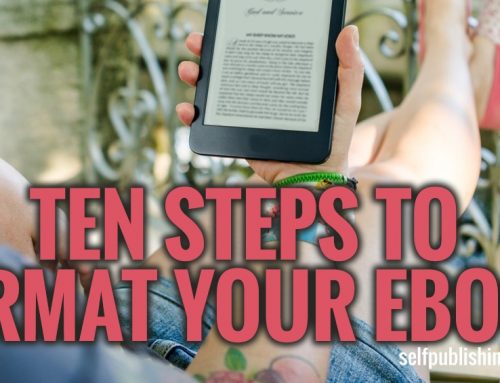
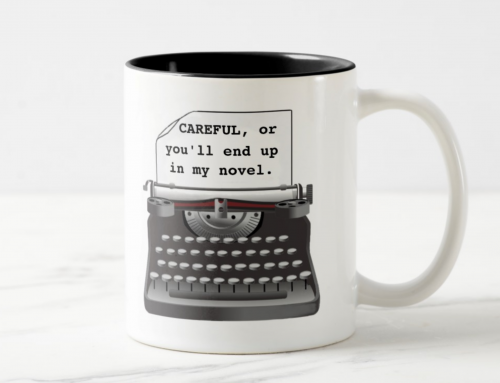
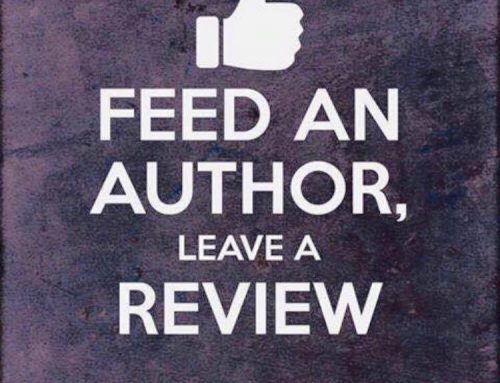


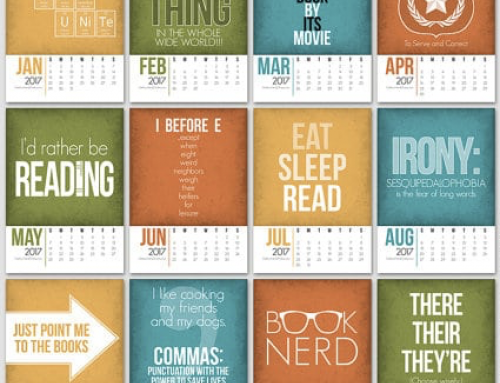

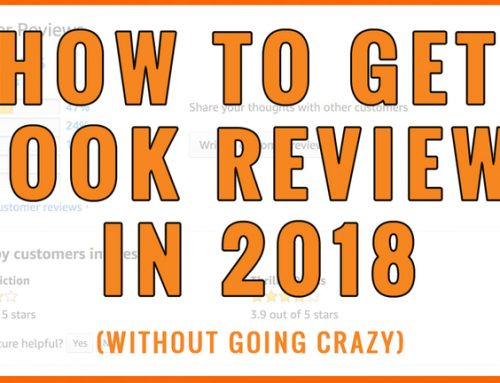
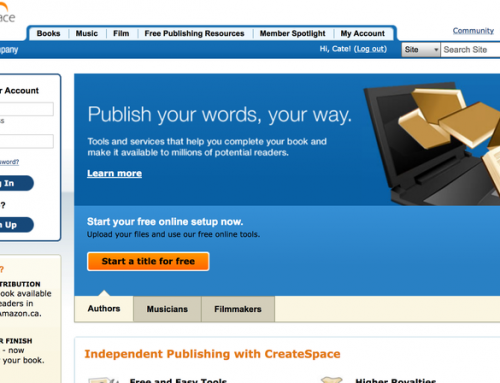

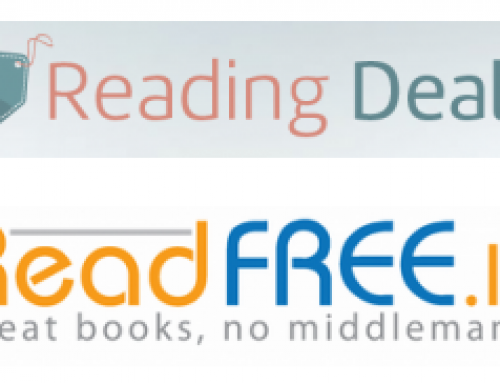
Leave A Comment